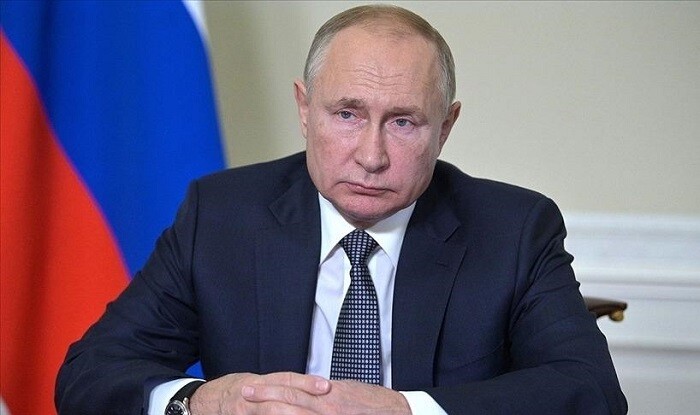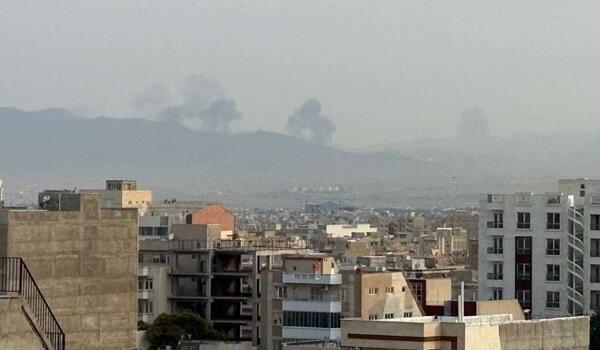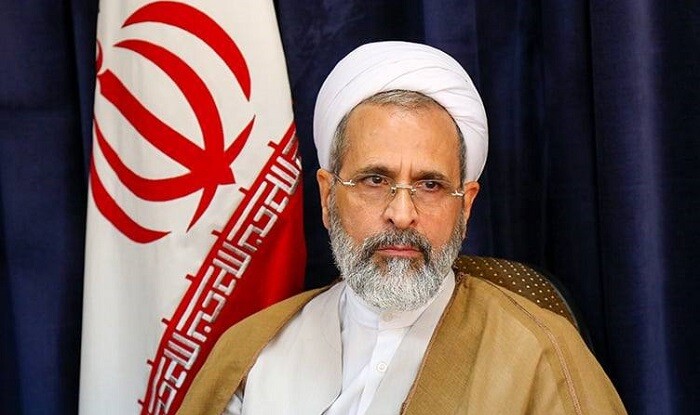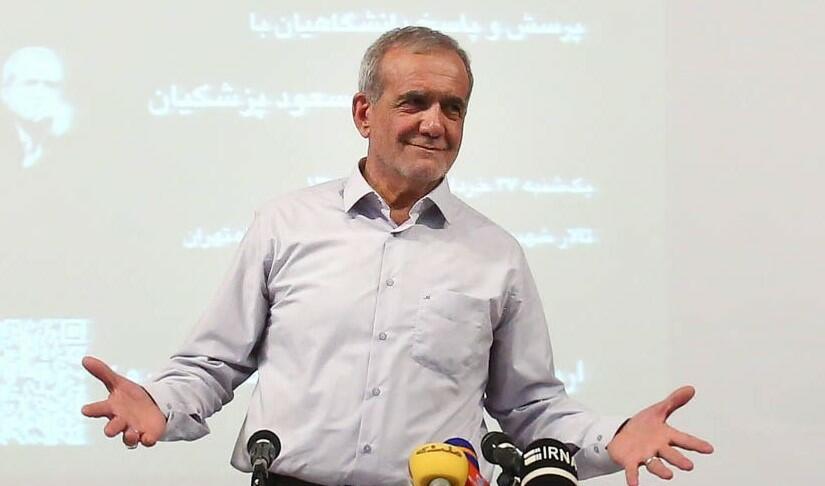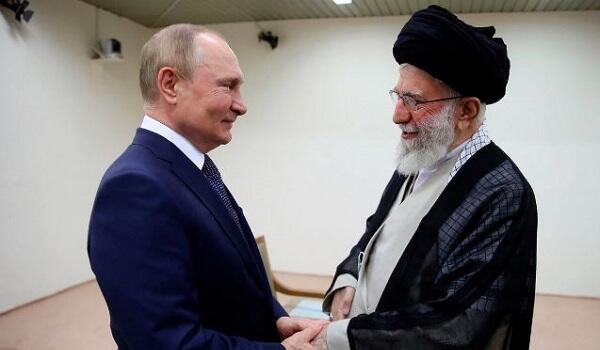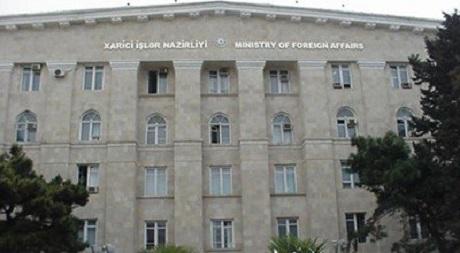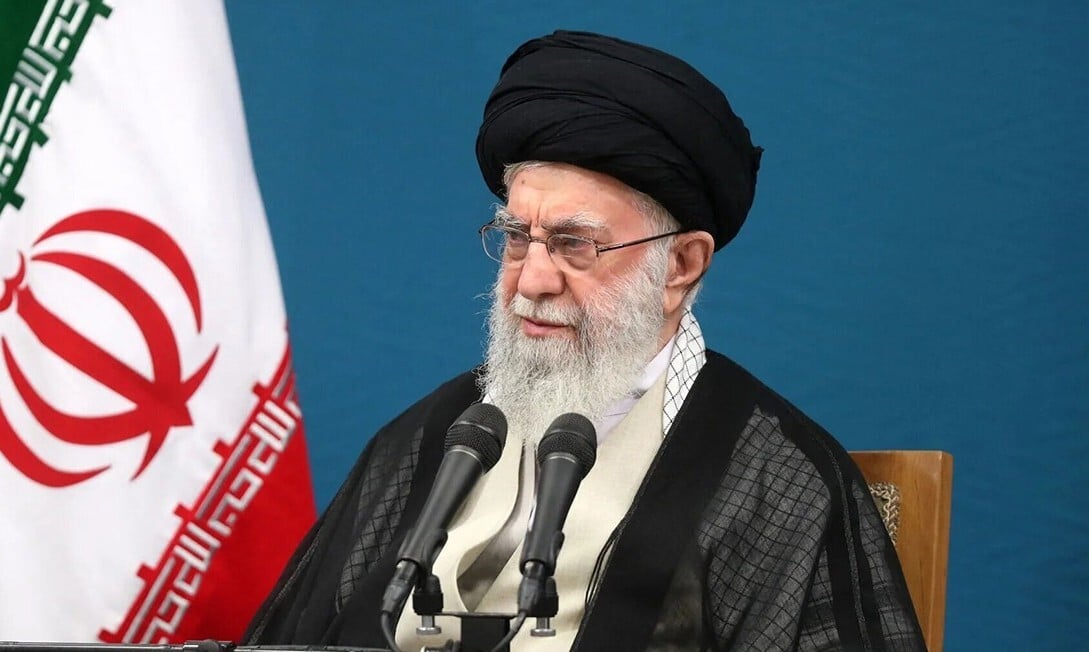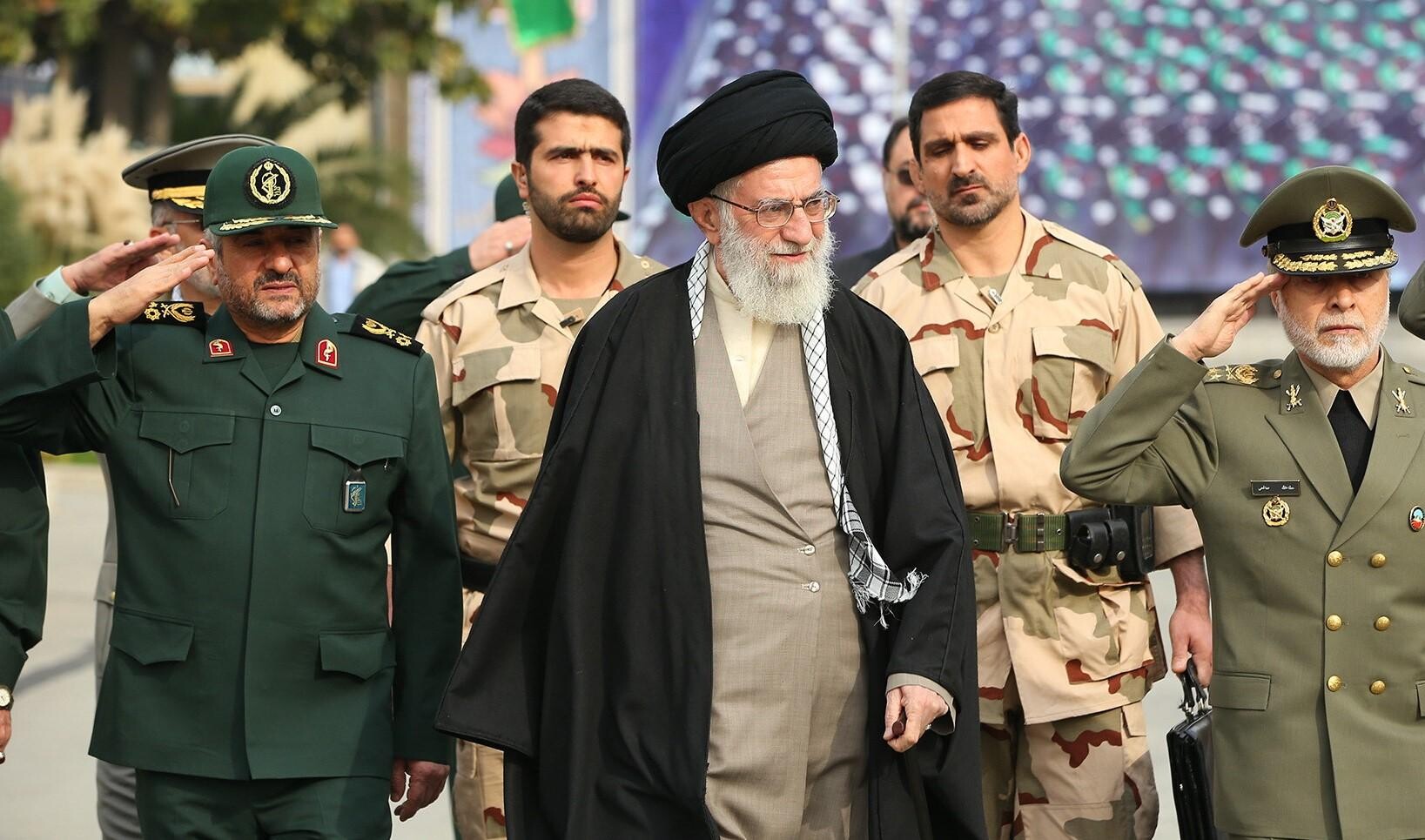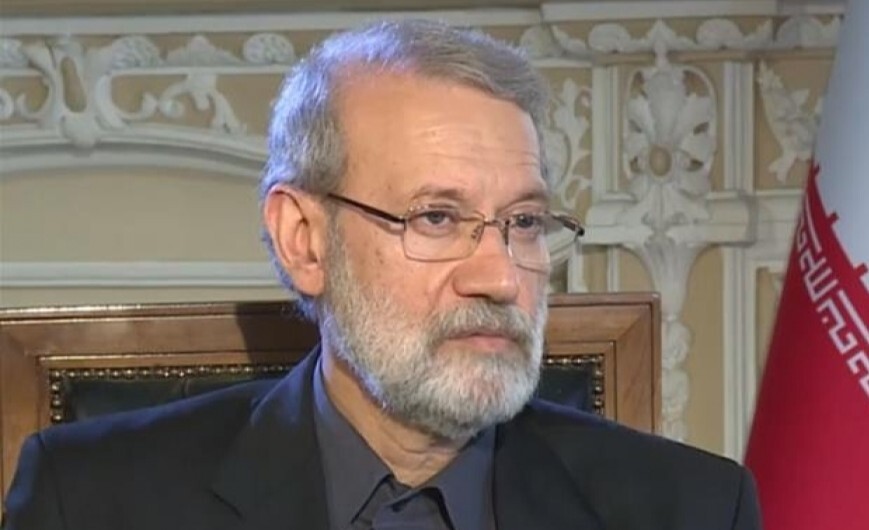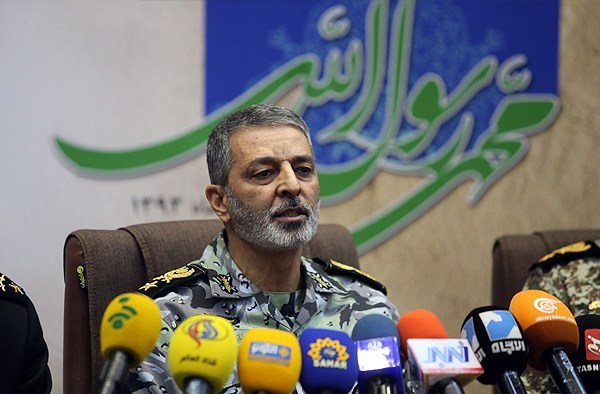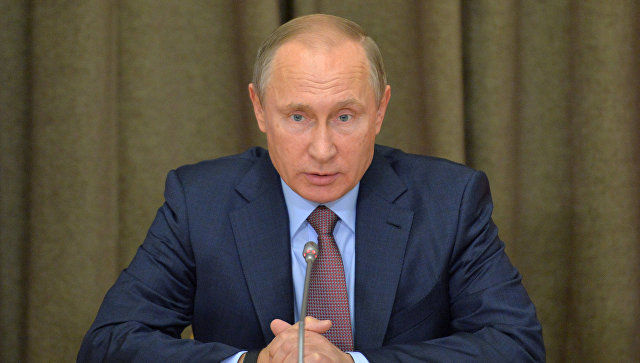The need for a new edition of Moscow’s doctrine on information security is the result of foreign states intensifying their efforts in information and psychological operations to affect Russia’s internal affairs, their bias against Russia, and cyber-attacks against its key infrastructure, the document says.
The doctrine states that the limitless flow of information has a negative impact on international security, as it can be employed to pursue geopolitical and military goals, thus favoring organized crime, extremists, and terrorists.
One of the main aspects that affects information security is the build-up in “capacities to influence information infrastructure by a number of countries in pursuit of military objectives.”
Notably, intelligence agencies of certain countries launch information and psychological operations to destabilize societies in various regions, thus undermining sovereignty and the territorial integrity of other states. These operations, coupled with the widespread use of information technologies, may involve faith- and ethnicity-based organizations, as well as human rights groups.
In turn, terrorist and extremist groups make use of psychological operations to stir up ethnic and religious discord, intensify tensions in societies, propagate extreme views, and recruit new followers.
Russia and its allies are not immune to these threats, the doctrine stresses, as certain states deliberately use various information technologies to undermine Russia’s political and social stability, as well as territorial integrity.




